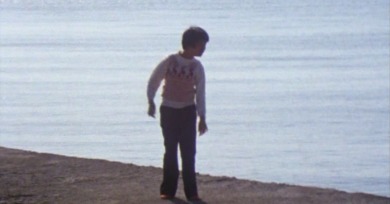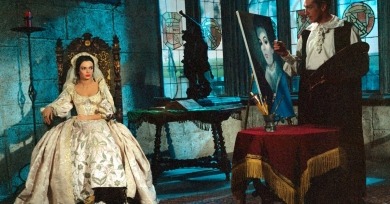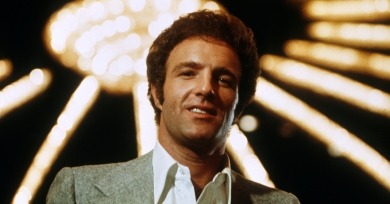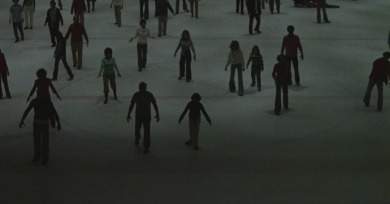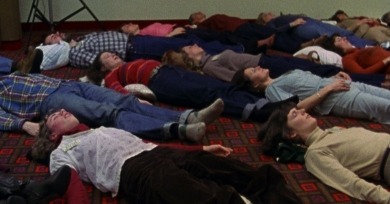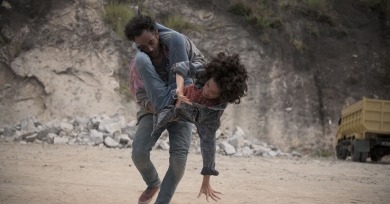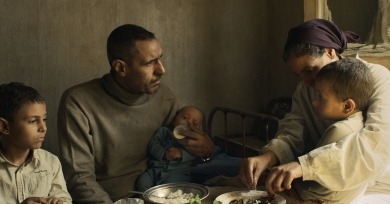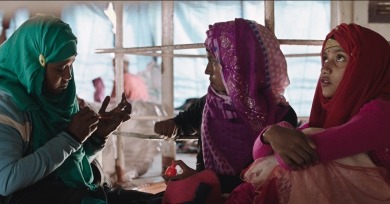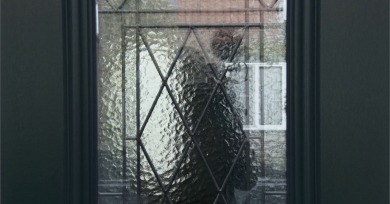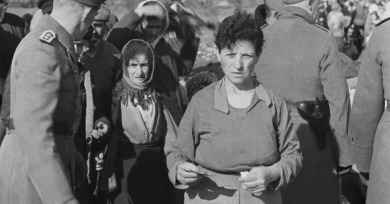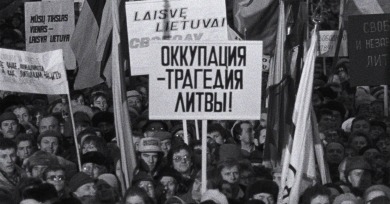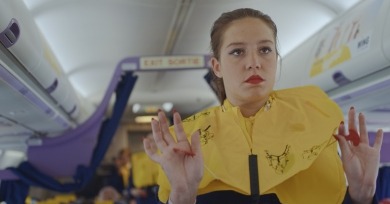At the Museum
Goings-on at Museum of the Moving Image
Tsuchimoto made more than a dozen more films about Minamata, which reflects a level of personal dedication unrivaled by most other documentarians. He also made films about student revolts, the plight of the average fisherman, Siberia, and Afghanistan.
Translating Poe to a visual medium is an inherently tricky endeavor: though the plots of his stories lend themselves to film, the everlasting poignancy of his work is his deft use of language to conjure moods of ominous ineffability.
That tension that Caan carries merely by being on-screen might be best exemplified in The Gambler, the 1974 film directed by Karel Reisz from a James Toback script. It follows Caan as Axel Freed, a clever Harvard-educated literature professor and gambling addict from a well-to-do New York Jewish family.
An appreciation of George A. Romero's beloved, decades-spanning horror epic, in conjunction with MoMI's screening series Films of the Dead: Romero & Co., June 25–July 30.
,
I really wanted us to experience the way that history and our representation of truth is mediated through images, through popular culture, through the news, through horror films, and through archives of therapy sessions.
The title of Vengeance Is Mine, All Others Pay Cash may be slick and playfully edgy, but in ironic passages, Edwin ruptures that tone.
Feathers is a caustic rejoinder to a country still dragging its feet on gender parity, particularly when it comes to the issue of labor.
The film dissects the status of Bangladesh as a postcolonial nation that, like many other postcolonial nations, tries to establish itself as a free nation while holding onto symbols that tie it back to the period it wants to (impossibly) outgrow.
The Balcony Movie is about the contingency of human perspective and what that means for our lives and relationships, but it is also about what thoughtful works of art can create.
The premise/gimmick features Guido Hendrikx behind the camera as he approaches the doorsteps of strangers and stands there waiting for any kind of encounter.
These evidential images provide a midpoint between knowledge and history, and between a subjective and objective truth. This is the framework for Loznitsa’s archival cinema: a kind of foundation on which we can build a better understanding of the world.
Over the course of four hours, Loznitsa constructs a granular record of Lithuania’s moves towards independence.
The film, starring Adele Exarchopoulos as a hard-living, pain-numbing flight attendant on a fictional low-cost carrier, is a welcome indictment of the leisure culture and spiritual malaise of the Common Market.
I wanted to show these atrocities to remind Europe, and the whole world, that these barbarities are not happening far away, in some distant past, but right here, right now.
